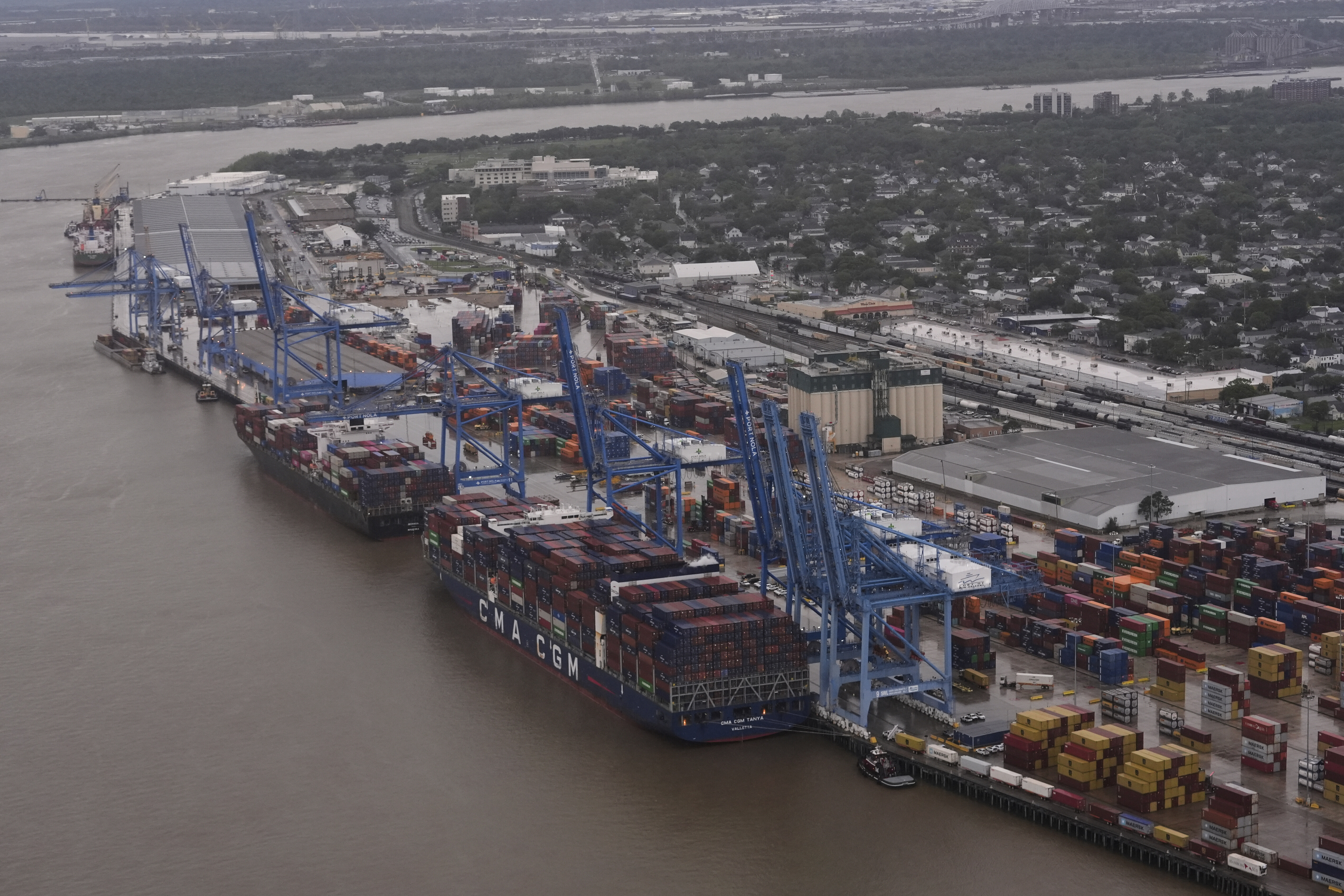The Western world owes its success since the end of the Second World War to its well-functioning system of institutions. The North Atlantic Treaty Organization protects against military aggression; the World Trade Organization establishes rules on how to do business with each other; and the International Monetary Fund and the World Bank help stabilize international finance and fight economic and humanitarian crises. Finally, the United Nations and the G-7 safeguard a platform for crucial conversations among world leaders as tensions loom -- they ensure that problems are faced before they escalate.
The failure of this month’s G-7 summit in Canada shows that this structure is on the verge of falling apart. The American president seems to have no desire to support a body that is not dedicated first and foremost to serving U.S. interests. Trump has long shown his disdain for international organizations. In La Malbaie, however, Trump’s distaste for any forum where one is called upon to listen to others and compromise burst out into the open for everyone to see.
The breakdown of the G7 meeting leaves two fundamental questions: First, will Donald Trump succeed in crushing these institutions? And if the answer is yes, what does that mean for the world?
The answer to the first question very much depends on whether Europeans are able to stick together. If they do -- and Donald Trump’s disruptive policy approach may even help them to -- there is a chance that at least some of the structure can be rescued from the rubble. The majority of trade in Europe takes place among European countries, so there is a huge shared interest in maintaining an operable rulebook and its corresponding institutions.
Is the formation of a G6 without the United States feasible? Probably, at least for some time. However, if Donald Trump continues to drive wedges between Europeans -- as he did with his suggestion to bring Russia into the group -- the constant noise from Washington could wear down European solidarity over time. That solidarity would be especially vulnerable were Europe to enter an economic downswing as a result of losing significant parts of the U.S. market due to higher protective tariffs. Some countries might be inclined to close bilateral trade deals with the United States to ease any economic pain.
While there is good hope that the economic institutional framework will not immediately disintegrate, the Western military alliance is a greater concern. A president as unpredictable as Trump, who expresses support for an idea only to change course a few hours later, cannot be considered a reliable force when it really matters. Europeans remember how long it took the U.S. president in 2017 to commit to the principle of common defense laid down in Article 5 of the North Atlantic treaty. Europe has for way too long relied on the United States in security matters. Now they have to scramble to pull European defense systems back on their feet. This can take years -- and that will leave Europe vulnerable for the time being. Hopefully, Europeans will not turn to Russia for rescue instead.
Now, will a world without strong Western institutions be a safer place? Hardly. It is worthwhile taking a look into the history book. One example is the case of the League of Nations of 1920. The organizational precursor of the United Nations was intended to prevent another conflict like World War I. U.S. President Woodrow Wilson fought vigorously for the idea, but he never managed to secure a majority in Congress for U.S. membership. Without the United States, the organization was toothless. Less than 20 years later, the world entered into another, even more catastrophic war.
Markus Ziener is a professor of journalism in Berlin and a former correspondent in Moscow, Washington and the Middle East. The views expressed are the author’s own.












